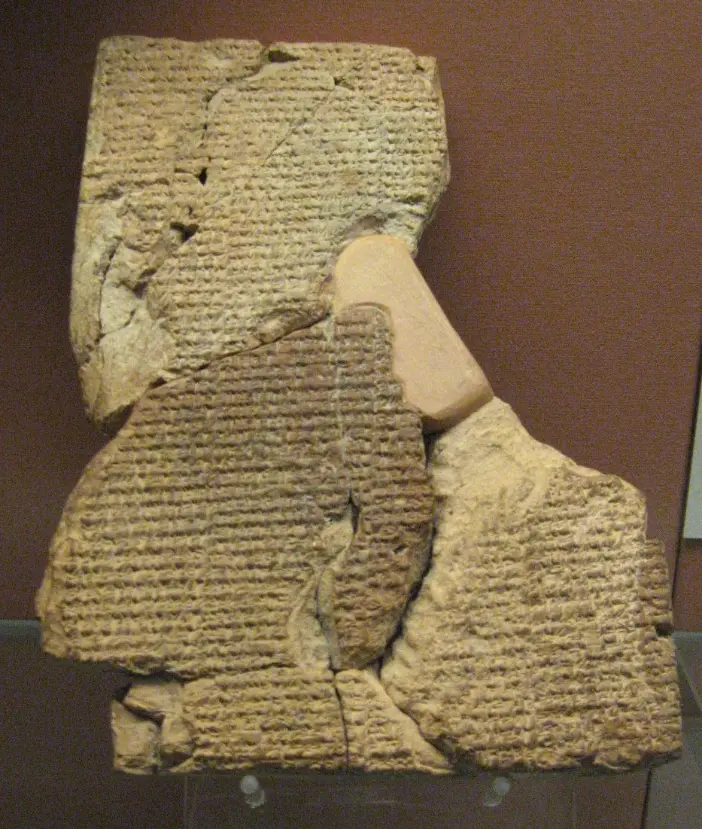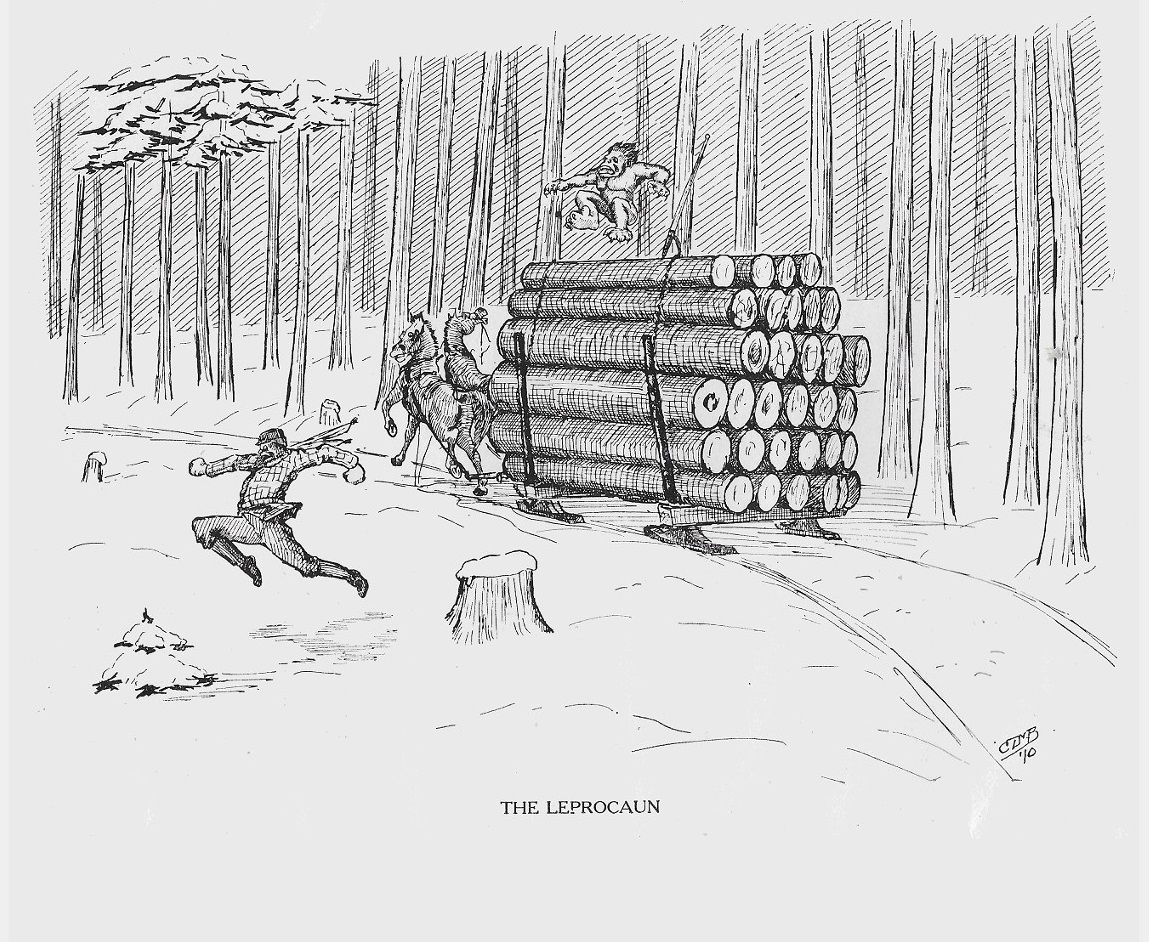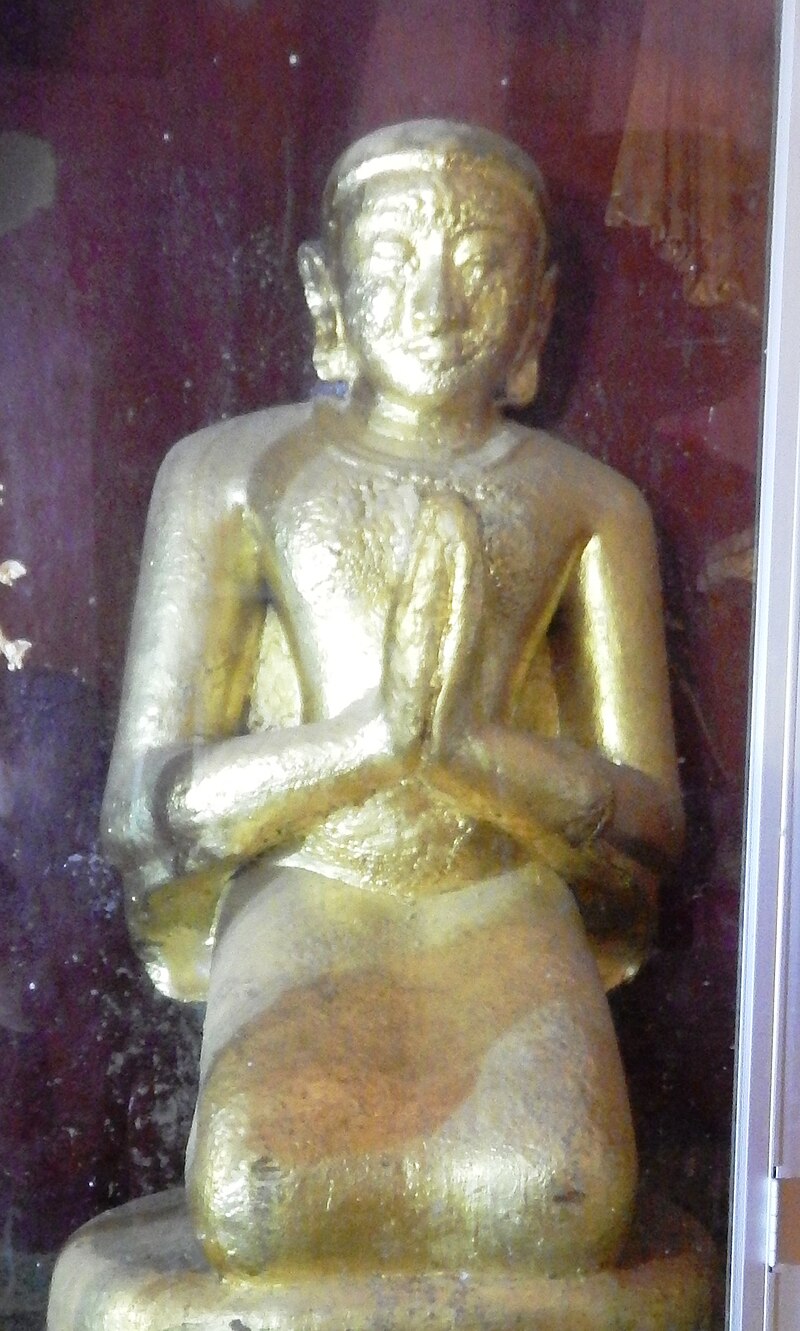Utnapishtim

Uta-napishtim or Utnapishtim (Akkadian: 𒌓𒍣, "he has found life") was a legendary king of the ancient city of Shuruppak in southern Iraq who, according to the Gilgamesh flood myth and several similar narratives, survived a great Flood by constructing and boarding a boat. This figure appears under different names across various traditions: Ziusudra ("Life of long days," rendered as Xisuthros, Ξίσουθρος in Berossus) in the earliest Sumerian accounts; later Shuruppak (named after his city); Atra-hasis ("exceeding wise") in early Akkadian sources; and Uta-napishtim ("he has found life") in later Akkadian texts such as the Epic of Gilgamesh. His father was King Ubar-Tutu ("Friend of the god Tutu").
Uta-napishtim stands as the eighth antediluvian king in Mesopotamian legend, comparable to Noah being the third descendant from Enoch in Genesis. Historically, he would have lived around 2900 BC, corresponding to flood deposits found at Shuruppak between the Jemdet Nasr and Early Dynastic archaeological levels. In Mesopotamian flood narratives, Uta-napishtim is the Flood Hero who receives instructions from the god Enki (Ea in Akkadian) to build a massive vessel called Preserver of Life in preparation for a catastrophic flood destined to destroy all living things.
This character features prominently in Tablet XI of the Standard Babylonian Epic of Gilgamesh, representing the climax of Gilgamesh's quest for immortality. Scholars have noted significant parallels between Uta-napishtim's story and the biblical account of Noah.


